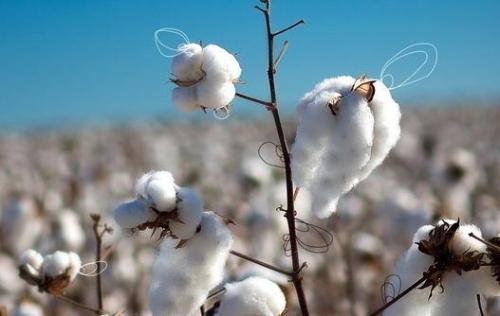
The current domestic cotton market is still unable to shake off the “color†of the policy city, but the direction of the national cotton reform policy is basically determined, and substantial steps have also been taken. This round of storage closing expired, throwing storage is still continuing; and the details of Xinjiang's cotton direct subsidy policy has not been formally announced, the mainland's late storage or not is inconclusive, policy expectations have become an important factor affecting the cotton market. At present, during the spring sowing period of cotton, the area of ​​cotton planted in the Mainland may further decline, and the country’s output will also decrease. However, taking into account the limited domestic demand for huge cotton stocks and cotton, the weakness of the domestic cotton market is difficult to change in the long term.
First, the reserve price of cotton was lowered and the enthusiasm for bidding was increased.
The round of national reserve cotton started in November last year has kept the overall turnover rate low. As of March of this year, the overall transaction rate was about 33%, and the enthusiasm of the textile companies was not high. On the one hand, the prosperity of the textile industry is not high, and textile companies' demand for cotton has declined. On the other hand, the quality of cotton put in is not high as a whole and cannot fully meet the demand for textile cotton. A more crucial factor behind these two points is that domestic cotton prices are much higher than those of foreign countries, which is one of the reasons for the difficulties in the operation of Chinese textile companies.
On March 28, details of adjustments to the cotton dumping policy were announced. The main contents include three points: First, the standard-grade cotton auction base price was adjusted from RMB 18,000/ton to RMB 17,250/ton, the second was the purchase of Xinjiang Kumus with a tie-in quota of 3:1, and the third was the cancellation of the purchase of reserve cotton by textile companies. limit. As a result, the actual cost of throwing cotton in the auction of textile companies is only around 16,600 yuan/ton. On the first day of policy adjustment (April 1st), the proportion of thrown cotton deposits was 79.95%, which was significantly higher than before. The transaction price fell by around RMB 300/t. The adjustment of the national reserve cotton policy is conducive to increasing the enthusiasm of the cotton companies for bidding and increasing the overall transaction ratio. This is also one of the original purposes of the policy adjustment. Of course, the domestic cotton spot market price will also be under pressure, and later or continue to decline.
Second, the purchasing and storage policy expires due to be expired and may no longer be continued in the later period.
The 2013 cotton interim storage stopped on March 31. According to statistics, this round of cumulative sales of 6.37737 million tons of storage, the cumulative turnover of 4.03854 tons in Xinjiang, the cumulative turnover of 2.228883 million tons in the Mainland. According to the latest estimates of the China Cotton Association, in 2013 China’s cotton production was 7 million tons (the survey data of the national cotton market monitoring system was 6.678 million tons). From this point of view, the vast majority of domestic cotton was collected and stored by the country in 2013. The market is extremely limited. This round of cotton storage and storage price of 20,400 yuan / ton, higher than the spot market cotton price of 1,000 yuan / ton, which is the most important reason for cotton to be stored.
The current domestic call for reform of the current cotton policy is getting higher and higher, and it has been determined that the policy of direct replacement will gradually replace the policy of purchasing and stockpiling in the later period, and the cotton price will become market-oriented; the purchase or storage in the Mainland is currently inconclusive, but it will be cancelled in the long term. Policy is a general trend. The adjustment of the reserve cotton release policy will, to a certain extent, increase the enthusiasm of the cotton companies in bidding and increase the overall turnover ratio; the domestic cotton spot market price will also be under pressure or continue to decline.
Pink Sequin Backpack,Unicorn Sequin Backpack,Pink Sequins Backpack,Mini Activity Backpack For Kids
Artistar , https://www.cn-artistar.com